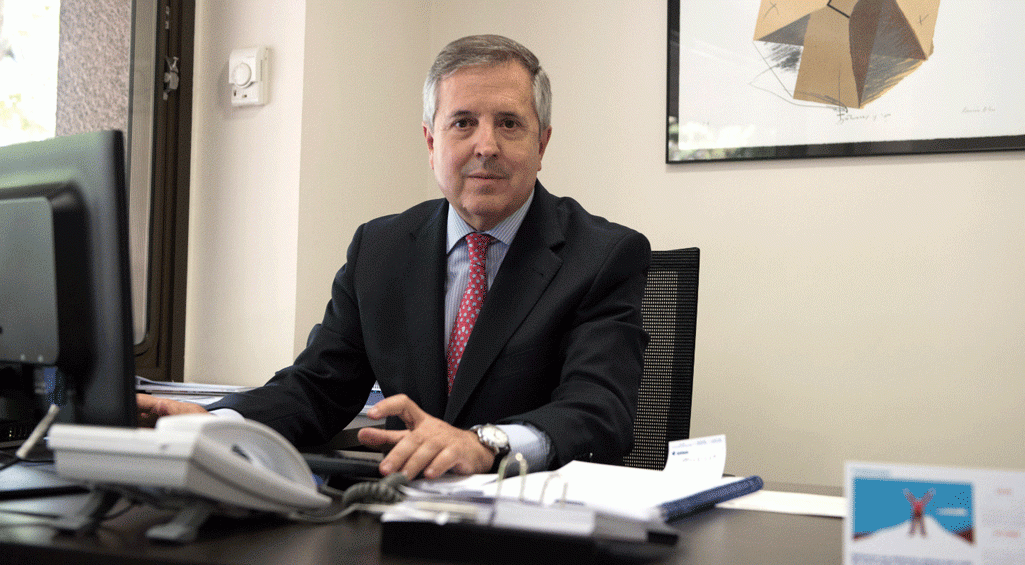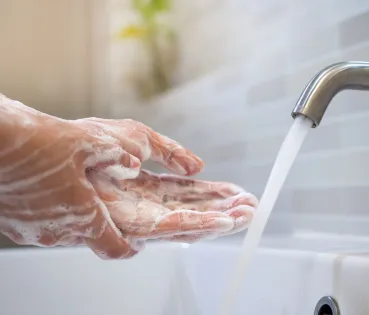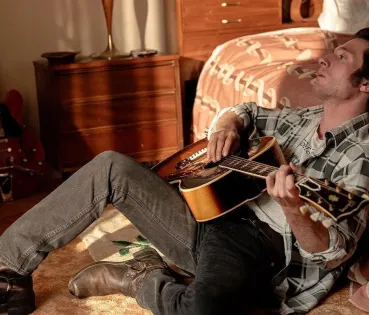
Physician-patient relationships in times of pandemic?
Dr. José Abad, psychiatrist, general coordinator of Lavinia and delegate of ASISA in Valladolid, shares with the readers of ‘Compartir’ his visión on how Covid-19 has reformulated the relations between doctor and patient.
The unexpected and terrible Covid-19 pandemic has put us in an unusual crisis and it has shown that our exhilarating well-being was more fragile than we believed. We enjoyed an unreal and impetuous optimism.
Historically, it has been said categorically and very emphatically that the doctor-patient relation (hereinafter DPR) is the keystone of medical practice. But, even before the disastrous pandemic this relationship was showing deficiencies for both parties.
The first thing that one of today’s patients sees when they visit a doctor’s surgery is a distracted doctor, engrossed in their computer screen; more concerned about noting things down than observing the patient. They hardly look up or listen and they use protocols and algorithms to code the information to get straight to the point. Chop chop!
The art of medicine is falling into disuse – this subtle, complex process, part intuition, part clinical opinion; of seeing and looking; of hearing and listening; of understanding and accompanying. The DPR has been replaced by apparatus and protocols and it tends to be mechanical and impersonal. Doctors have to be experts, and experts they definitely are. The scientific aspect is the predominant one.
It is not surprising that for some time now truculent comments have been made about humanising medicine. Something is wrong, something is missing. But, could there anything more human than DPR?
And suddenly, a new pandemic appears which, as with any great catastrophe, makes primal, ancient fears arise, along with other new ones. We are dependent, fragile; particularly at times like these. They are times of retreat and prevention. There is also an unexpected, traumatic surprise: the friend or relation who helps us and protects us could be infected, and in turn, the doctors are also vectors of infection. You cannot trust your fellow man or woman and they cannot trust you. But, (and this is the most serious point), you cannot trust the doctor, who, apart from anything else, has been muzzled.
And the doctors? The doctors, as people in their own right, are also frightened. At times, they are panic-stricken about becoming infected and infecting their families.
So, coronavirus classifies us crudely into two categories: either we are ill, or we are petrified about becoming ill. There is obviously a third category, represented basically by the younger generation, who reject this fear due to ignorance or radical negation, and this makes them live in a parallel world. However, socially legitimated fear glides around us everywhere. We are certain, endorsed by statistics, that many seriously ill patients (heart attacks, cancer, strokes…) are not visiting the doctor due to fear, but if you are in the street, you can hear people around you stating: “the doctor doesn’t want to see me,” “the phones are always engaged,” “with the Covid protocol is it impossible to go a health centre”… They don’t dare blatantly say: we are feeling alone and abandoned.
Furthermore, the essential doctor, the family practitioner, the traditional family doctor, is taking on an enormous responsibility. Overwhelmed and impotent, on the verge of burnout and making use of the essential telephone, video-calls…, which are essential, but which lack some communication methods and do not really offer enough confidence. The essential non-verbal communication is lost. We turn into talking heads. Mankind has turned into a webinar, zoom, streaming… which have all come to stay and to stop us from meeting up in person. Knowing the human side of our doctors and developing their fears will enormously help DPR. DPRs continue to be essential.
Doctors and patients will have to re-establish their mutual confidence, developing their misgivings and avoidances; promoting their natural “emotional framework.” Is this just wishful thinking? The key – shared by virtually everyone, lies in going back to the idea of the traditional doctor, the family doctor, who is interested in their patients, who knows them in their socio-family context and who accompanies them throughout their lives, giving them security and confidence. However, the family practitioner is on the way out. Doctors and patients are no longer very interested in this idea and they prefer to either be specialists, or go to see specialists. Whilst basically agreeing, we do the opposite.
However, we should not be impatient; the social rules that the pandemic itself imposed will give rise to new, unimaginable ways of becoming connected or reviving old gestures that make us overcome adversity. All things will pass in the end.




